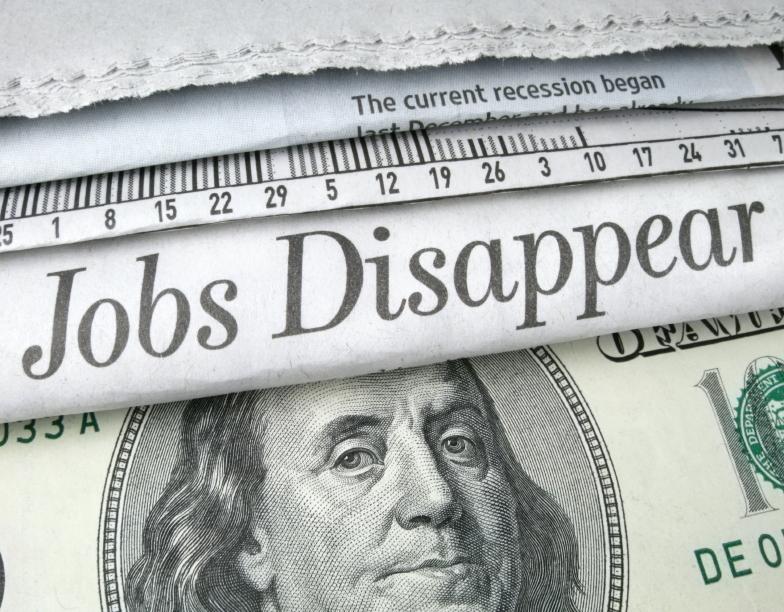
In a recent review of Thomas Piketty's book, Capital in the Twenty-First Century by Deirdre McCloskey, I was reminded of the conversations I have in my class when I bring up the issue of income inequality. While most people express initial concerns about recent trends of increasing inequality, there tends to be a negative reaction about accepting that this is indeed a failure of our current economic model and most become very defensive when that argument is made.
The review presents a strong defence of capitalism relative to alternative economic models potentially proposed by the "left". Very few, including Piketty, would disagree with the merits of capitalism. The fact that all advanced and prosperous economies have reached their current level of income by relying on markets, the fact that the fastest growing emerging markets are those that move closer to that model and by doing so are able to lift a large percentage of their population from below poverty levels, all speak in favour of the power of markets and incentives to unleash growth.
The limits of the model
But the debate cannot end up there. The success of capitalism as an economic model does not imply that we should accept current outcomes and that we should not discuss alternative models that, in comparison to other economic paradigms, might all look very similar but they could produce very different distributions of income. What Piketty and others have done is to raise awareness that since the early 80s, the economic model that we call capitalism has generated an outcome that is different from the one we had seen in the previous decades and that this outcome, in some countries, resemble what we saw before the Great Depression.
While we can debate the exact magnitude of these changes, it is clear that the strong correlation between productivity and wages has weakened over these decades. It is also clear that income growth has been going to a small part of the population, those with the highest earnings. And for a large majority of the population, income stopped growing (or started growing at a much slower rate). [On a technical matter: yes, we can discuss whether national income or GDP are capturing all the increases in welfare of the average citizen, but that discussion can go in both directions and to be fair we should also apply it to the earlier decades (if we believe that GDP growth underestimates welfare growth)].
Here is how I try to challenge the thinking of my students when I discuss income inequality. We all agree that the current economic model has allowed the income of many Americans to increase at a rate close to 2 percent for more than a century based on continuous productive accumulation of capital and innovation — an amazing success. But how would we think about the same economic model if this rate of growth slowed down and was very close to 0 percent? This would represent a big change in the economic outcome and would, for sure, raise concerns about why the model is failing to deliver relative to our expectations (that is the argument we use to call alternative models, like those of planned economies a failure).
Inequality for all
While it is true that GDP per capita growth has remained in line with historical experience over the last decades, the income of a large percentage of U.S. households has either stopped growing or is growing at a rate much closer to 0 percent than to 2 percent. So if 0 percent growth for 100 percent of the population would represent a failure, what about 0 percent growth for 90 percent of the population? Regardless of how well capitalism has performed in the past, we need to open a debate on the merits and outcomes of such a model that takes into account how the income and wealth that it generates gets distributed. There is not just one form of capitalism, there are many. Current tax rates, regulations are not set in stone and they are very different from what they were during many periods of the recent economic history, so a debate on how inequality trends reflect on the successes and potential weaknesses of the current model is not only a healthy one but one that is needed.
One more comment regarding McCloskey's review. While I said I did not want to go into the details of the review, there was one that I found very surprising. The review argues that while income inequality might have increased, consumption inequality is a lot lower. One of the reasons is that the actual consumption of those who own six houses is not that different from those who own one as you can only live in one house at a time. That's an odd argument. If taken seriously it provides support from those on the "left" who argue for very high levels of taxation for the rich: Let's tax 100 percent of the value of those 5 extra houses given that they are not providing any consumption or welfare to those who own them.
Antonio Fatas is Professor of Economics at INSEAD. You can follow him on Twitter at @AntonioFatas, and read his blog.
Follow INSEAD Knowledge on Facebook and Twitter
-
View Comments
(3) -
Anonymous User
Piketty's book has changed the conversation about inequality in the US and Europe. Whether one agrees with his interpretations of the data and his solutions or not, this book is a must read. Piketty, along with his research partners, has argued for a restructuring of progressive taxation for several years. This book puts together, in clear language, a more detailed argument about the nature of Capital and inequality. Focusing attention on the nature of wealth and income inequality with this kind of accessible information will foster a more effective discussion about the current structure of our global economy and what we hope it will look like for our kids.
Anonymous User
Dear Antonio
Your solution is to tax the rich more. Ok, but then we should start in Singapore where taxes are much lower than in France. It would reduce the income inequality between Fontainebleau based faculty and Singapore based faculty.
Seriously, the assumption that we can reduce inequality holding the size of the pizza the same is not likely to be true. If every student in the class would be told that on the exam he/she gets the average grade, I predict average grades would fall. The whole inequality argument ignores the effect on incentives.
Piketty also completely ignores the risk dimension: the reason why some people are more richer then others is because they took more risk. There is a risk premium in equity markets so people who invest in stocks in the long run end up with more wealth than people who keep their money on a deposit account. It can even be argued that there exists a risk premium in labour markets : university professors are expected to make less money than entrepreneurs who set up their own business. So, if you want to reduce inequality people should be encouraged to take more risk. This way they will also be more appreciative of the pain and suffering capitalists go through when occasionally markets crash.Best
Theo
-
Leave a Comment





Anonymous User
09/04/2015, 10.59 pm
Capitalism is going nowhere, it stays rooted. All modern science and technology came from Capitalism and individual pursuing their freedom. While a healthy balance is needed what is happening is wider gap of rich vs the poor. Unless the rich are guided to share by charity their excessive wealth, the inequity issue is not going to go away. The Freedom to Give For Charity will decrease the tension.